Few people pay attention to rumbling in the abdomen. To many, the fact that this condition may be a sign of any pathology does not occur to many. However, the cause of constant rumbling of the abdomen can be not only a feeling of hunger, but also the presence of one of the diseases of the digestive system. About what can mean constant rumbling in the abdomen in adults and children, and how to deal with this, we will tell further.
Content
Why rumbling the stomach
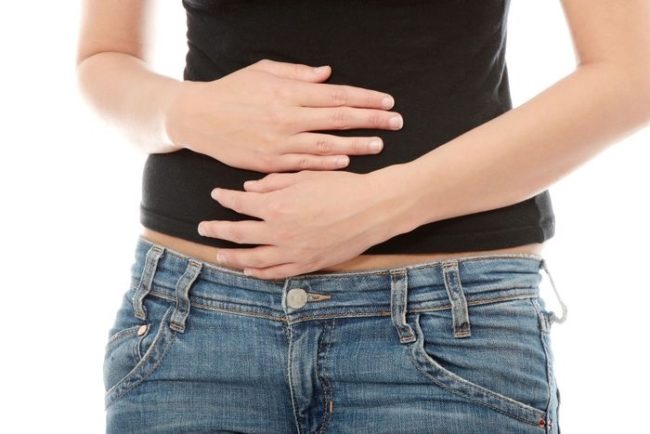
Sounds during the operation of some organs and systems are a normal state. The knock of the heart is unlikely to cause anxiety, rather, on the contrary. The same applies to the digestive system. The process of digesting food after its accepting takes from 4 to 7 hours. At this time, in the process of peristalsis and contraction of the muscles of the stomach, extraneous noises may appear. Usually they are not heard by a person’s ear without special equipment, however, it is only worth applying a phonondoscope to the stomach, like noise can be heard very well.
Also, abdominal rumbling can be a sign of hunger. This is especially good when a hungry person sees a dish or smells it. This is due to the release of gastric juice in the empty stomach, as well as the beginning of the contraction of its muscles. This is a completely normal state. In addition to rumbling from the abdominal area, gurgling, growls can be heard. Each of these sounds has its own specific nature and can talk about possible problems with the gastrointestinal tract. Each of these sounds is described by gastroenterologists.
Rumbling in the stomach - what should be alert
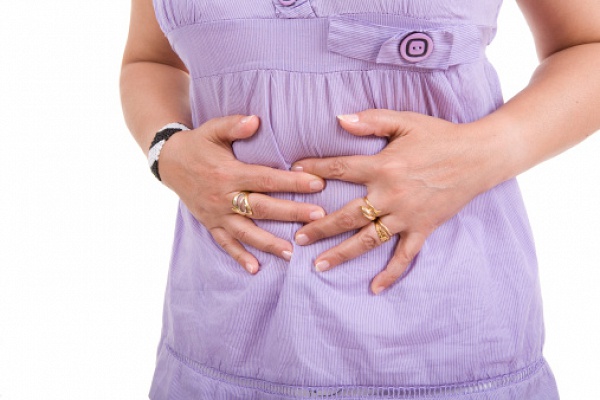
As mentioned above, the periodic “sound” of the gastrointestinal tract is a normal state that should not be alarming. However, constant extraneous sounds from the stomach and intestines are signs of problems with these organs, and the reason to seek help from doctors.
The loud rumbling in the stomach after eating should particularly attract attention. This is a sign of great peristalsis. Often it occurs when the gastric muscles try to “grind” a large and hard piece of food. During their work, an air movement occurs, which causes the emergence of extraneous sounds. Therefore, one of the reasons for the rumbling of the abdomen can be the use of hard and dry food.
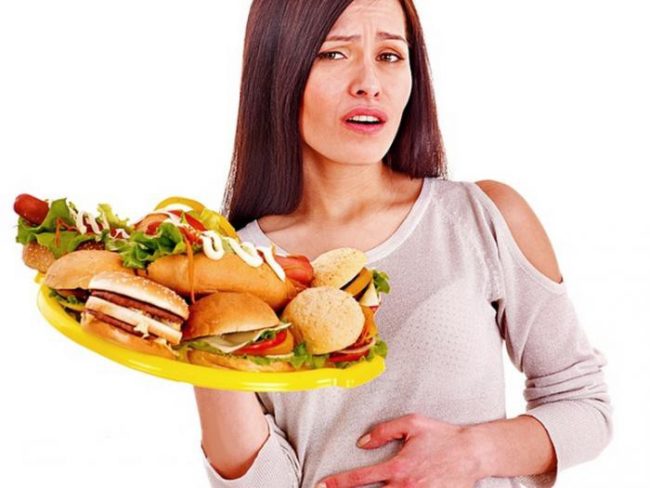
The combination of the abdomen with the following symptoms should also cause alertness:
- Diarrhea. Typically, diarrhea is caused by the action of pathogenic bacteria, which provoke fermentation of food in the intestines. Arming is accompanied by abundant gas release, which creates unpleasant sounds. Rumbling in the abdomen and diarrhea can talk about poisoning or severe dysbiosis against the background of antibiotics. Abundant diarrhea can lead to dehydration, which is why when combining these symptoms, it is better not to hesitate and consult a doctor.
- Bloating and increased gas formation. Bloating can be a consequence of intestinal obstruction.
- Constant belching, nausea. These symptoms may indicate problems with the stomach, pancreas or liver.
- Pain. Pain and rumbling in the abdomen may indicate the possible presence of ulcers or gastritis in the stomach or duodenum, as well as the risk of cancer.

When contacting a doctor, it is necessary to definitely describe the localization of extraneous sounds (rumbling). It can be:
- Gastric.
- Intestinal.
- Periopecoscopic (sounds in the right hypochondrium).
- In the area of \u200b\u200bthe anus (colon).
- Without pronounced localization.
Also, the doctor should tell about the nature of the rumbling:
- Ringeous, deaf.
- Weak, pronounced.
- Periodic (indicate when such a condition occurs most often), constant.
Causes of rumbling in the abdomen: medical explanation
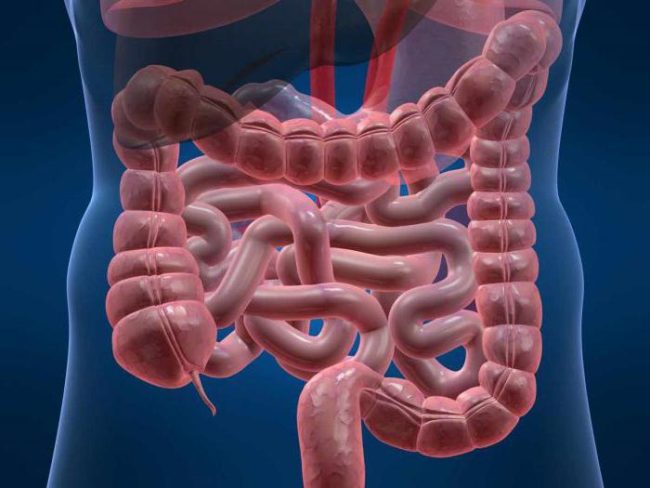
Basically, the possible reasons for the appearance of rumbling can be judged by the localization of unpleasant sounds. However, many patients often confuse rumbling in the stomach and intestines, which can have a different clinical picture.
The main causes of the appearance of extraneous sounds in the abdominal cavity are the following:
- Strengthening peristalsis of the gastrointestinal tract.
- The formation of a large amount of intestinal gas due to bacterial shift. The predominance of pathogenic bacteria in the intestines, which in the process of their life release a large amount of gases.
- Digging of large pieces of food.
- The rumbling in the left side indicates an increase in the peristalsis of the stomach and the large intestine. In this case, the accelerated movement of the food lump along the gastrointestinal tract is observed. The increased speed of movement causes a delay in its processing with chemical enzymes. Enhanced stomach peristalsis is often accompanied by diarrhea. This condition is caused can be such reasons as:
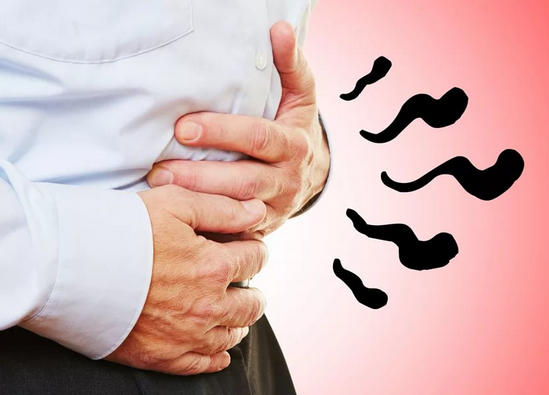
- Infectious gastroenteritis.
- Irritation of the walls of the stomach with chemicals. The loud rumbling of the abdomen is found after drinking alcohol, with acute poisoning with poisons, toxins entering the stomach.
- Diarrhea, which takes place against the background of intestinal irritation.
- The state of stress, anxiety, fear, and other acute emotional states.
- Food allergies.

The rumbling in the abdomen in an adult in the intestine occurs mainly if there are any obstacles to the progress of the food lump. It can be a narrowing of the intestine or other pathological obstacles. When they occur in the region of the large intestine, which is responsible for the formation of feces, the rumbling of the abdomen is not as obvious as in the case of the initial areas. The phenomenon of poor intestines is called obstruction. There can be many reasons for it, the main ones are:
- The presence of malignant neoplasms or tumors in the intestine.
- The presence of foreign bodies. It is usually observed in children who tend to taste everything.
- Delay of emptying the stomach.
- Intestinal blocking. It is often observed with constipation due to consumption of hard food or disorders of the intestinal function.
- Atony of the rectum.

Excessive gas formation in the intestines can be another cause of unpleasant sounds from the abdominal cavity. The cause of a large gas accumulation may be excessive growth of pathogenic bacteria, as well as the use of certain products. Rumbling in the abdomen occurs when gas passes through the intestinal loops and cavities characteristic sounds arise.
Burning and rumbling in the abdomen can cause diarrhea. This pathological condition has two forms:
- The osmotic diarrhea is caused by the use of products or their combinations that cannot be learned by the intestines.
- Secretory diarrhea occurs due to the accumulation of fluid in the lumen of the intestine, which contains a large amount of bacteria. On palpation, the intestines due to the accumulation of liquid make gurgling sounds.
Rumbling in the abdomen in children

Often the rumbling of infants is due to the fact that their body is not yet able to digest the completely proposed food. The situation may aggravate when, with age, they begin to introduce top dressing. In this case, it is necessary to pay attention to the composition of the mixtures or baby food. It is possible that the child simply does not tolerate them. Unfortunately, this can only be determined experimentally. Often children suffer from rumbling of the abdomen due to lactose intolerance, which is found in large quantities in breast milk. In this case, you should contact a pediatrician who will help to choose the most optimal substitute for breast milk. It is extremely dangerous to treat this symptoms in infants without coordination with the attending physician.

How to get rid of abdominal rumbling
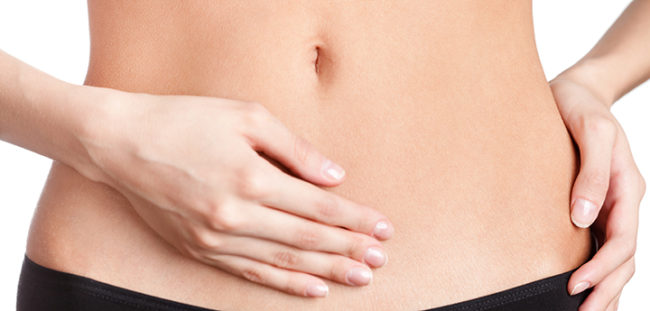
In case of alarming symptoms, it is necessary to contact a gastroenterologist. As a rule, with this symptoms, ultrasound of the abdominal cavity, fibrogastoscopy of the stomach and duodenum are prescribed. If pathologies of the organs of the gastrointestinal tract, liver, pancreas are detected, their treatment is prescribed.
- In the absence of indications for therapy for the digestive organs, treatment is carried out for the elimination of symptoms. So, to combat dysbiosis against the background of poisoning or taking antibiotics, a course of probiotics is prescribed (Linex, Lactovit). For adults-1-2 tablets from rumbling in the stomach 3 times a day, for children 1 tablet 2 times a day.
- With signs of poisoning, which is accompanied by diarrhea and excessive rumbling, sorbents (activated carbon, smecta, enterosgel) are used. With abundant diarrhea, it is necessary to increase fluid intake. To restore salt balance, a solution of Ringer is used.
- When rumbling and bloating, Espumisan is used. It is accepted by 2 capsules up to 5 times a day, depending on the severity of the condition. In this case, the tablets are washed down with a large amount of liquid. For children, they reduce the dosage of up to 4 tablets per day, depending on the age and weight of the child.
The use of drugs for the treatment of rumbling in the abdomen should be strictly consistent with the attending physician.










Comments
a couple of years ago, there was no side of metrogils from the same problem, there were no side effects ...
I’m not a fan of peeling at all, it saves from acne of metrogil, it also smoothes it ...
Great article! ...
I take the second course of the Capsules Climafite 911. The tides went very quickly. It became calmer, irritability went away and I sleep well ...
i also noticed - it is worth nervous, everything immediately affects the face. Therefore, I try to avoid conflicts and unpleasant people. Of the creams, I like Miaflow from wrinkles - smoothes not only small wrinkles ...